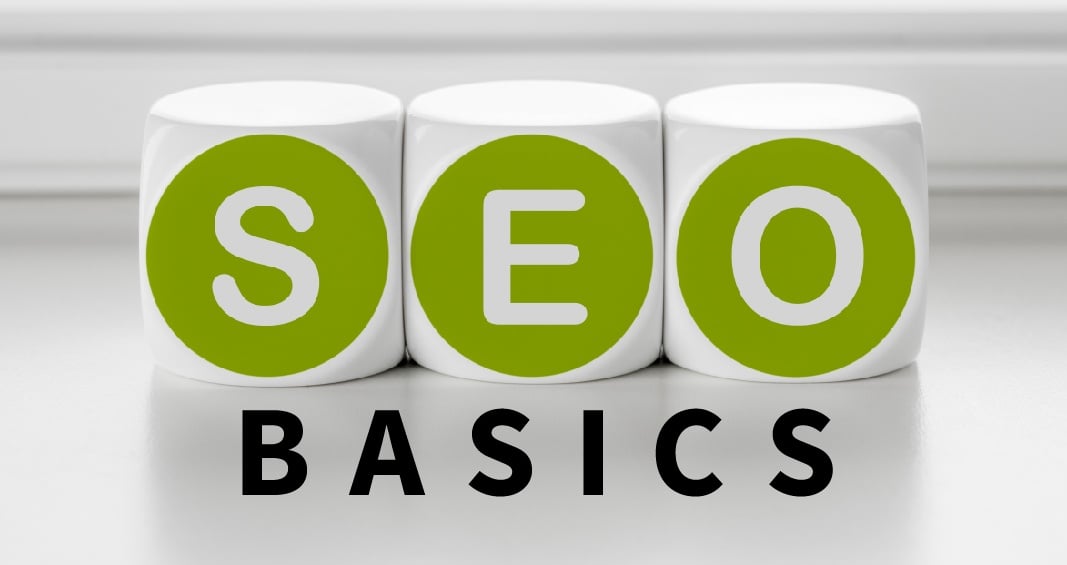No doubt you've heard over and over again that your business needs an SEO strategy, but has anyone ever told you why you need it? No? We want to rectify that. After all, if you don't know why you need SEO how can you determine if you need SEO?
Search Engine Optimization, or SEO for short, is a term that you'll hear a lot about once you delve into website development and digital marketing. SEO is extremely important for helping businesses increase their visibility online and enhance their brand and reputation.
Google Panda sounds like it ought to be something cute and friendly, but in fact, it can bite you right in the SERP ranking if you don't know how to work with it correctly. Panda is one of Google's search algorithms, and it is designed to reward websites that have fresh, high-quality content with better SERP results while penalizing websites that don't keep their content fresh or that publish content that Google doesn't believe will be useful to its users.
If your company is ready to plan your next website redesign, this is a great time to consider what features and functions will help you get better Search Engine Result Page (SERP) rankings, traffic, engagement, and conversion rates. Achieving page-one SERP rankings for the most likely search terms pertinent to your business and products carries many advantages, but the most important is that if your page is not on page one of the SERPs for relevant search terms, it has less than a five percent chance of ever being seen by search engine users at all.
When Secure Sockets Layer (SSL) security came into use, it was primarily for banks and other companies that conducted financial transactions online. More recently, though, SSL has become a ranking signal for Google, which means that businesses without an SSL certificate for their websites suffer in Google Search Engine Result Page (SERP) rankings.
Search Engine Optimization (SEO) and Search Engine Marketing (SEM) have become critical issues for any business with an online presence. The Internet is full of advice on how businesses can improve traffic, conversions, and sales by using better SEO and SEM techniques. If your business doesn't depend on customers coming to your physical location, a generalized tune-up of your SEO and SEM practices may yield adequate results, but if you rely on local customers being able to find your business, you need a more specialized approach for local lead generation.






